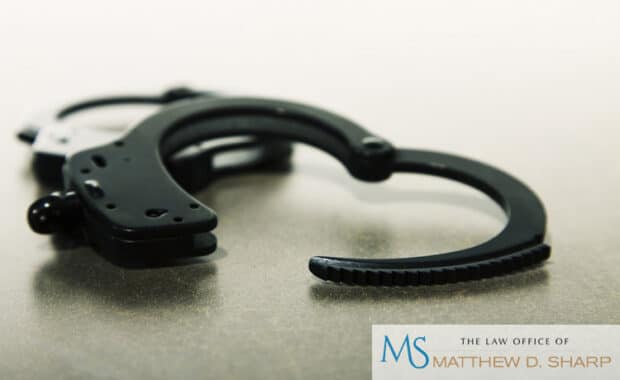In today’s highly competitive business world, maintaining a clean reputation and a clear criminal background has become a major necessity. The tight job market in the United States has prompted employers to conduct extensive background checks on job applicants, which often see their job prospects diminished even if they only have a single arrest for misdemeanor charges.
In Texas, individuals have an opportunity to clean up their backgrounds through the process of expungement, which is essentially a judicial order directing recordkeeping agencies to destroy instances of arrest and prosecution. These agencies include police departments, clerks of the court, prison inmate records, and files kept by prosecutors.
According to the Texas Penal Code, the basic requirements for criminal record expungement in the Lone Star State are:
- The trial resulted in an acquittal.
- The defendant was convicted, released and pardoned.
- The arrest did not lead to an indictment.
- The indictment was quashed or dismissed in court.
- The parties agreed that the defendant should enter a pretrial diversion program in lieu of an indictment.
- An appellate court enters an order of acquittal.
It is important to remember that defendants who face episodic criminal charges are generally not entitled to expungement. For example, career criminals or defendants who have pending charges even after an acquittal may not succeed in getting their records expunged.
Third parties in criminal cases in Texas are often surprised to see their names and other identifying information in the arrest and prosecution records of others. This information can be expunged if it can be proved that it was falsely provided by a criminal defendant.
Once an order of expungement is carried out, individuals can legally answer “no” on employment applications that ask if the job candidate has ever been arrested or convicted of any crime. The expungement process in Texas can be very intricate and exhausting. Criminal defense attorneys who specialize in this legal proceeding can ensure that expungement is carried out correctly and expeditiously.
To learn more about the requirements for criminal record expungement, contact The Law Office of Matthew D. Sharp at 713-868-6100.




